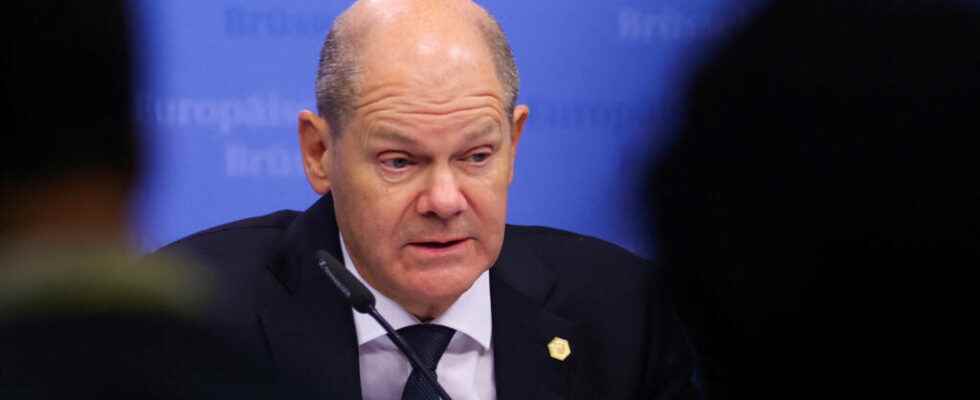The German Chancellor’s Social Democratic Party was defeated this Sunday in a highly symbolic local election in Berlin, its stronghold for more than twenty years. The Christian Democratic Union (CDU) came out on top.
The Christian Democratic Union (CDU) of ex-Chancellor Angela Merkel came out on top the election for the local parliament of Berlin with around 28% of the vote, against around 18% for the Social Democrats of the SPD, their worst result since the end of the Second World War.
Worse, the SPD seems to be finally relegated to third position, behind the ecologists who would collect between 18.2% and 18.7% of the vote, according to the television channels. Berlin’s outgoing mayor, Franziska Giffey, spoke of a ” bitter evening » and a « hard situation for his party.
The Social Democratic Party seems to have been penalized locally by the scenes of violence and chaos on the last New Year’s Eve in the German capital, when firefighters and police were targeted by fireworks in some neighborhoods with high immigrant populations. The conservative opposition accused the left-wing municipal majority of laxity and engaged in a lively debate on the failures of its integration policy in these neighborhoods.
A weakened chancellor
Olaf Scholz’s party may find it difficult under these conditions to retain the post of mayor of the city-state of Berlin, which he has held for more than 20 years. But for the CDU, coming out on top is not enough to govern. There is no automation. The outgoing coalition still has a majority in seats. The Christian Democrats will therefore have to wink at their potential allies in order to govern.
The Berlin results confirm, however, the trends observed at national level for many months, namely a strong erosion of the ruling Social Democratic Party, an increase in the conservative opposition and also in the far-right Alternative for Germany. (AfD).
► Read also : Germany faced with a radicalization of its seniors?
This occurs in a climate of high inflation, intense debate over arms deliveries to Ukraine and fears in part of the opinion linked to a large number of migrants in the country, particularly Ukrainians.
The Berlin election, without calling into question the national coalition in power in Germany around Olaf Scholz, however risks weakening the Chancellor. Berlin is indeed a state-region in its own right in the German federal system and the looming change of majority in the capital could have repercussions on one of the two chambers of the federal parliament, the Bundesrat, representing the 16 Länder.
(With AFP)
